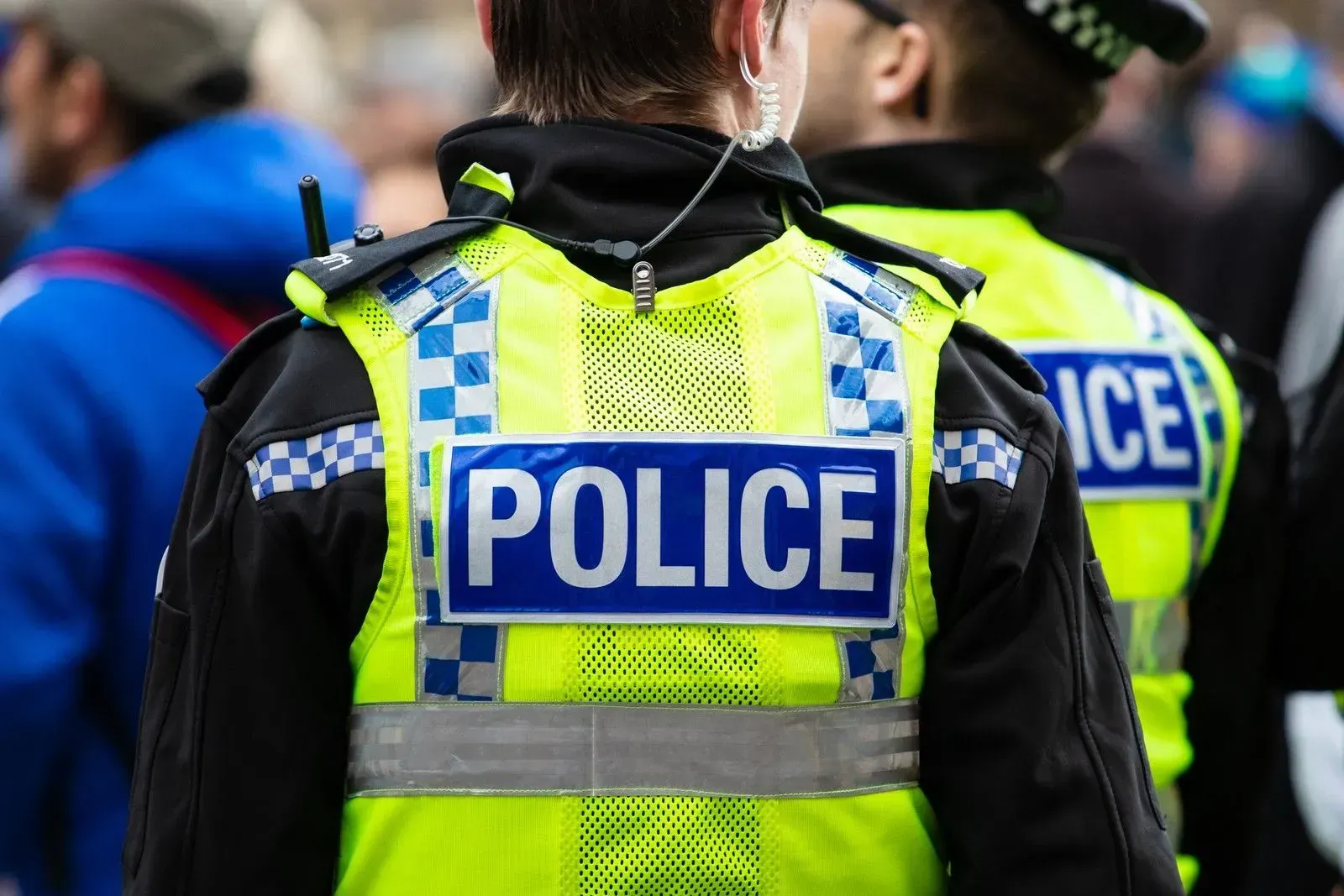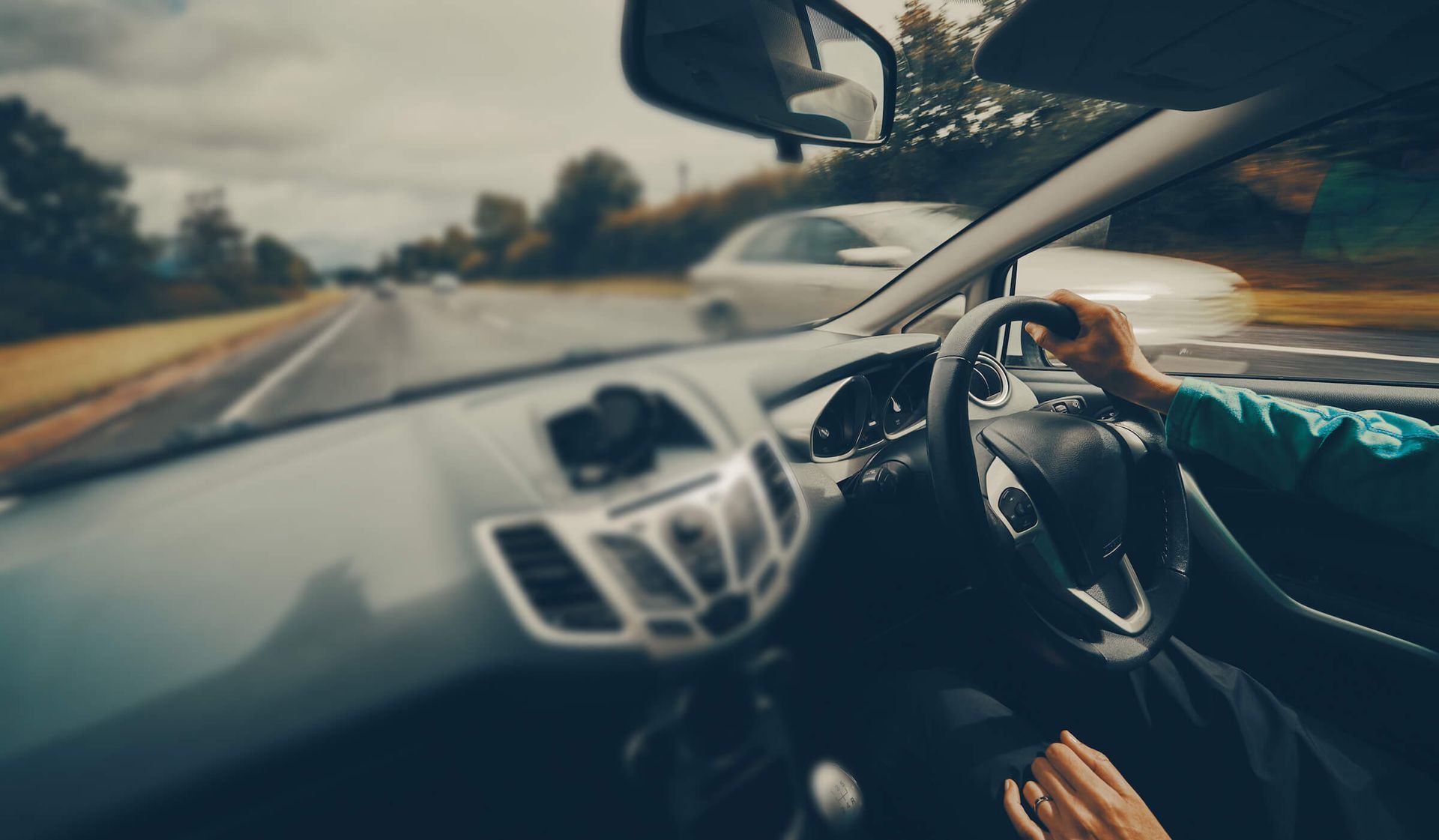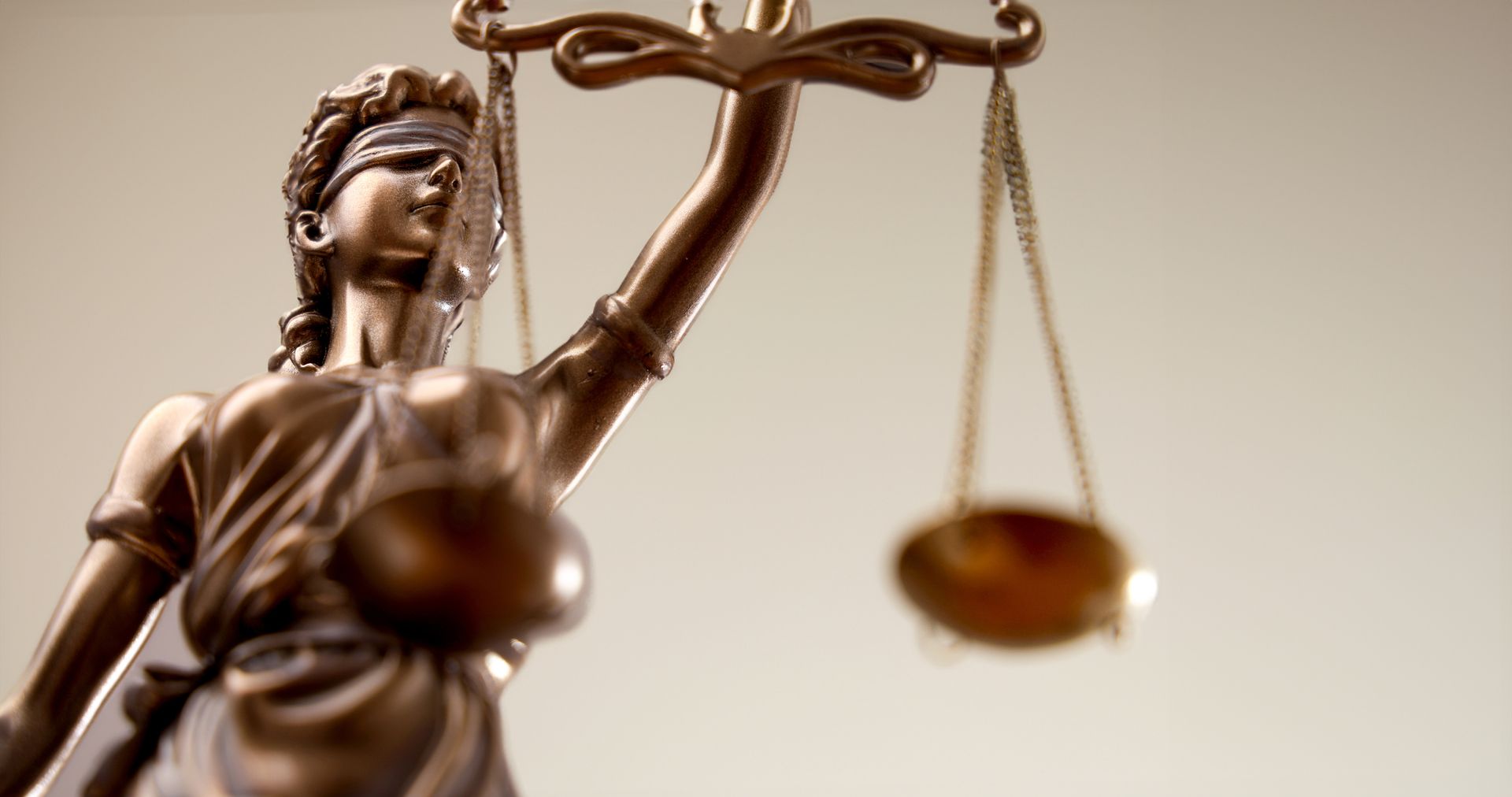Police Powers of Arrest: Everything You Should Know

The Criminal Justice (Scotland) Act 2016 introduced new tools for police going forward, changing the way the arrest and questioning procedures can look for suspects. To help keep yourself fully informed on what the police can and can’t do during an arrest if you ever find yourself in this situation, read this guide from our expert criminal law solicitors at Lefevre Litigation.
Reasons for Arrest
To help you understand why you have been arrested, the police should provide you with the exact reason and details. This clarity ensures that you can make informed decisions, particularly regarding your right to seek legal representation, and helps uphold transparency in the arrest process.
The police can arrest you because:
● They believe you have committed a crime
● They have the necessary evidence to charge you with the crime
● They have an arrest warrant
● You broke the conditions of a civil interdict
The police have the power to arrest you at any time, even if you’re at home or work.
The Arrest Procedure
If the police decide to arrest you, there are a few steps they must take. If they fail to follow the correct procedure, this can affect the validity of the arrest and impact any subsequent legal proceedings.
The essential things the police will do as part of the arrest procedure are as follows:
● Identify themselves as police
● Inform you that you're being arrested
● Tell you the crime they think you've committed
● Explain why they need to arrest you
● Tell you that you don’t need to say anything other than your name, address, date and place of birth and nationality
It’s important to note that as part of the arrest procedure if you try to run away or you become violent, the police may use what is known as 'reasonable force'. Reasonable force can include handcuffing you or physically holding you down to prevent you from running or causing harm.
The Questioning Procedure
After your arrest, it’s likely the police will carry out the questioning process. They will ask you in particular about the crime you are suspected of committing, and any answers you give will be written down or recorded. This information may then be used as evidence if your trial goes to court. It’s important to keep in mind, however, that you do have rights when being questioned.
When you’re questioned by the police, you:
● Have the right to remain silent
● Do not have to answer the questions they ask you
● Must provide your personal information when asked, including your name, date of birth, place of birth, nationality and address
How We Can Help
As premier criminal defence solicitors, our team at Lefevre Litigation understands how difficult it can be to face a criminal charge. If you’re going through this situation and you require legal representation, our experts are here to help. Please visit our website to discover more about us and our services in Aberdeen and the surrounding areas. Alternatively, get in touch with us directly to find out more about our legal representation.










